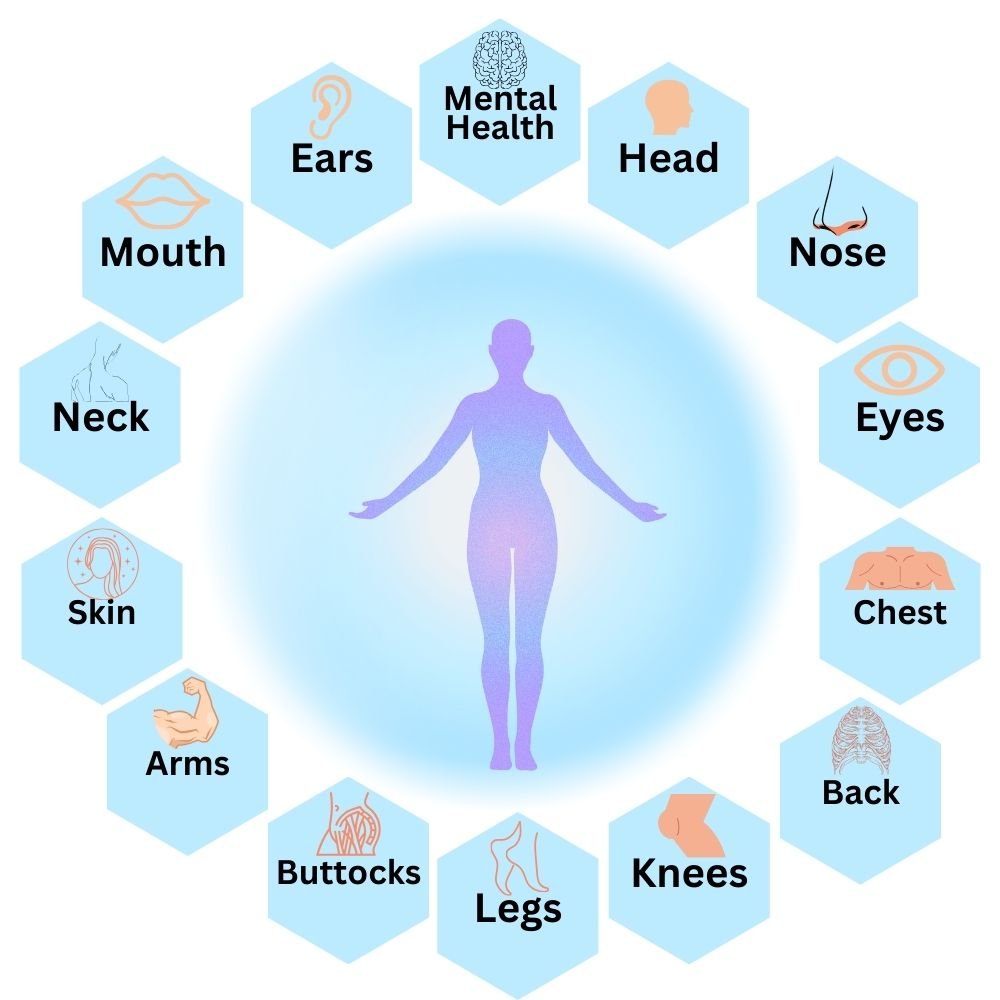Shoulder pain is a common ailment affecting people of all ages and backgrounds. It can stem from various causes, including injuries, overuse, or underlying medical conditions. Managing shoulder pain effectively requires understanding its root causes, appropriate treatment strategies, and preventive measures.
Post Views: 33










